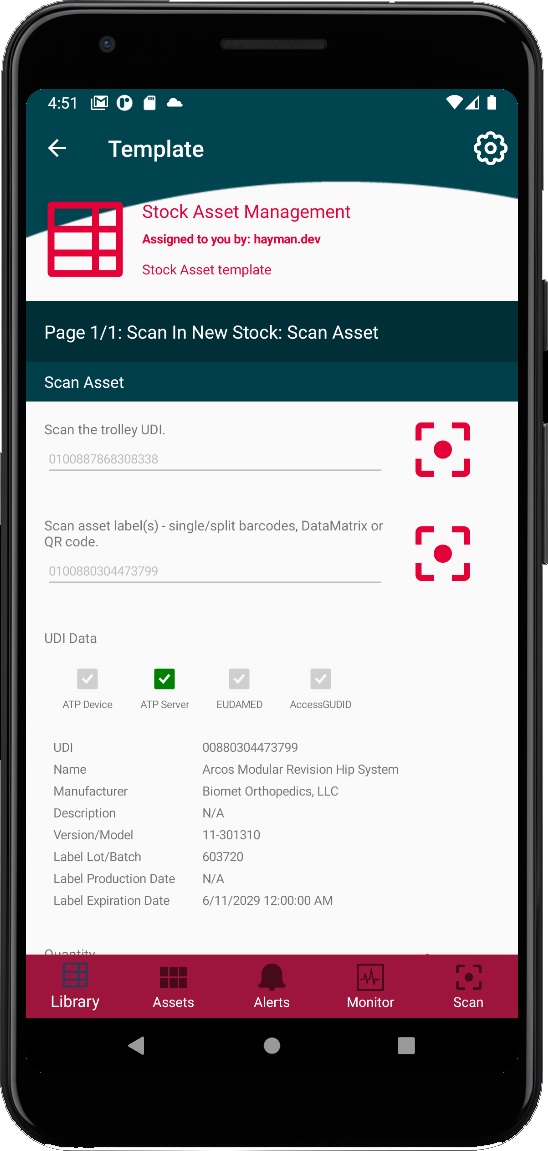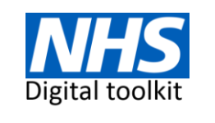
The European Union's Medical Device Regulation (MDR) (EU) 2017/745 is a set of rules that govern the design, manufacture, and distribution of medical devices within the EU. It is designed to ensure the safety and performance of medical devices, and to protect the health and well-being of patients and users.
One of the most significant changes brought about by the MDR is the increased level of scrutiny and oversight of medical device manufacturers. Under the new regulation, manufacturers are required to demonstrate that their devices meet rigorous safety and performance standards, and to provide detailed information about the design, testing, and clinical evaluation of their devices.
AssetTracker Pro has been built to ensure our software and APIs follow the MDR standard using a modern, secure and efficient approach to verifying and auditing assets within your organisation.
The main features ATP enables for MDR compliance, but are not limited to, are:
- Unique Device Identification (UDI) system: ATP generates, stores, and retrieves unique device identification (UDI) information for each medical device, whether that is in GS1, HIBCC, or, IFA.
- Verified Suppliers: ATP can match your UDI assets against external sources like AccessGUDID, or EUDAMED, or your own internal verified inventory database.
- Data accuracy: We're able to provide accurate and up-to-date information about patients (where applicable), medical devices (where most of our data is processed), and other equipment used or related to you, your patients, or other assets.
- Data security: Ensure that data is protected and only accessible by authorized users in compliance with General Data Protection Regulation (GDPR)
- Traceability: ATP is able to track and trace the history of medical devices, including details about the manufacturer, importer, and distributor, as well as any repairs, maintenance, or modifications made to the device.
- Reporting and analytics: We provide reporting and analytics, which can help to identify trends and patterns, providing insights into the effectiveness of asset management, stocks, audits, and patient care.
This increased oversight is especially important for hospitals, as it helps to ensure that the medical devices they use are safe and effective. By using devices that have been thoroughly tested and evaluated, hospitals can be confident that they are providing the best possible care to their patients.
Violations of MDR can result in administrative fines, penalties, or other legal action. The fines can be imposed by national competent authorities and can range from a warning to a large monetary fine.The amount of the fine may be based on factors such as the nature and severity of the violation, the size of the healthcare provider, and any previous violations.





